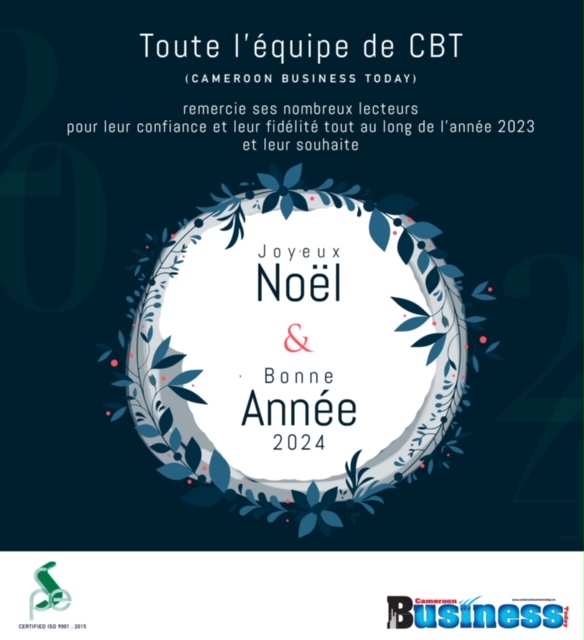Every single business be it big, small or medium size uses intellectual property (IP) in any shape or form. In effect, its goodwill, its name, its brand, products it manufactures or trades in, the skills of the people it employs, the techniques and processes it uses are all IP assets that make up its business. IP assets appear on the balance sheet either as assets or as liabilities. In effect, costs are incurred for maintaining IP rights whether they are generated or acquired. IP is mostly understood as a liability and this prevents most business owners to benefit from the fact that IP is first and foremost an asset. All multinational businesses have started small then, through IP development – generation or acquisition, they have become large empires that trade worldwide. Some of these are Coca-Cola, Mac Donald, Kentucky Fried Chicken, Apple, Samsung, etc… A business’ goodwill depends on the quality of its goods or standards of its services. People have a reason to go to a particular retail store, restaurant, bakery, lawyer’s chamber, etc… That reason is generally very simple: it is because it either sells goods of a certain quality or it offers services of a certain standard. IP is at the core of any business undertaking. It is the business it deals in. It must not therefore be overlooked by businesses as this will cause them to fail. They should take stock of that and learn how to make more profits and develop their businesses with IP. It is therefore necessary to determine what IP assets or rights may be owned by a business undertaking? These are: its commercial name, trade mark for its goods or services, patents, utility models, industrial designs, copyright, plant varieties, geographical indications, trade secrets, etc… What is intellectual property ? The relevance of IP for any business undertaking may only be understood after a quick understanding of what IP is. Intellectual Property Defined Intellectual Property refers to intangible property “that springs from the mind”. Any creation or invention in any field. In the same way as tangible property such as chairs, goods, etc…, its owner is protected by law. The branch of law that protects IP is IP law. It is a whole body of rules that foster and promote creation for the development of society while balancing it with remuneration that the creator or inventor should necessarily derive from his/her work. When protected by law, IP assets are termed IP rights and they provide protection of IP owners against misuse of their property by others. These rights may be assigned, licensed and used as security to borrow money. Relevance of IP for a Business IP is the fuel of any business and the core of its activities. A business may be built on an IP asset such as a patent or a trademark. This IP may have been created by the business owner or may have been acquired by him. IP is generated by a business owner when he/she has developed the product himself/herself. When a business needs IP generated by others, then it has to acquire it to avoid being sued to pay damages. It is necessary to develop new products to stay relevant on the market or to improve on existing ones. This also holds true for services. A business may be built on the offer of new services or on the improvement of old ones. This is the only way to stay relevant in an ever competitive environment. This is true regardless of the nature of the business. A business is not only about time and money, it is more about what you trade in or market. However, all businesses do not use nor need the same IP assets. This makes it timely to look at the various types of IP that a business may own. Types of intellectual property a business may own There are various types of IP. In fact, IP is divided into two main categories: industrial property and literary and artistic property. Industrial property is comprised of patents, utility models, trademarks, industrial designs, commercial names, geographical indications, plant varieties and trade secrets, to name a few. Literary and artistic property is made up of copyright and neighbouring rights. Only the main ones will be the focus. Commercial Names All businesses have a commercial name and they are required to register that commercial name and pay maintenance fees to protect it from being used by others. Also known as trade name, this is the name under which a trade, industrial, crafts or agricultural establishment is known and exploited. As all businesses are required to register their trade name, this is the single only IP right that any business must manage. Fees must be paid for registration and for maintenance. As long as maintenance fees are paid, the commercial name of a business may be kept throughout the existence of that business. This is not to be equated with trademarks that are considered below. A business’ name is sometimes different from the brand of its products or services. For example, “Source du Pays” is the commercial name of the company that produces water of the trademark “Supermont” while “Société des Eaux Minérales du Cameroun” is the commercial name of the company that produces the brand “Source Tangui” and “NABCO” is the commercial name of the company that produces the brand “Ôpur”. Patents A patent is the document delivered to protect an invention in any field of technology. Hence, when a business manufactures goods such as drugs or processed food, its main activities centre on the production and marketing of inventions. Patents are awarded for new products (machine, manufacture, or composition of matter) or processes or any useful improvement thereof. Any product that is being sold that does come directly from nature is an invention that may be protected by a patent provided it fulfils all the conditions and the application fee is paid. Patents are protected for twenty years (20 years) after that they fall into the public domain and free for anybody to manufacture the product or use the process as well as market it and distribute products thereof. Trademarks A trademark is any visible sign or symbol or combination of signs or symbols that identifies the goods or services of a business thus distinguishing them from that of another. It may consist of an existing or created name or word or any succession of letters and/or numerals or any drawings, etc… Trademarks are relevant for all businesses which sell goods or offer services using a brand name or other distinctive sign. It is possible to register any of those as trademarks subject to exceptions and provided the desired trademark complies with the requirements of the law and payment of the application fee. Maintenance fees must also be paid and, as long as they are paid, a trademark may be owned by a business forever. Trade Secrets Sometimes referred to as confidential or undisclosed information, trade secrets protect inventions of products or processes which may or may not qu...
1 minute is enough to subscribe to Cameroon Business Today Digital!
-
Your special Cameroon Business Today issue in digital version
-
Inserts
-
Exclusive calls for tenders
-
Preview (access 24 hours before publication)
-
Editions available on all media (smartphone, tablets, PC)
















Commentaires